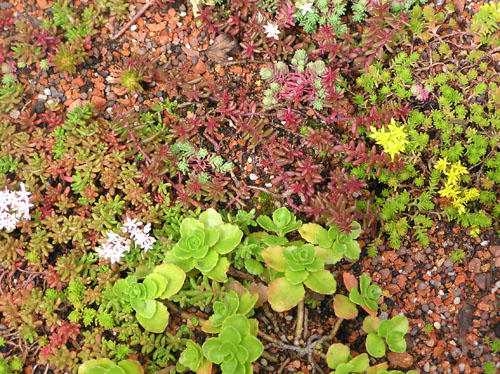If you are thinking of installing a commercial sedum roof, you could seriously benefit your local environment. From cleaning the air around your building, to providing habitats and food for insects and birds, a sedum roof could be a great option. But unfortunately, not every site will be right for a sedum roof, and there are some necessary considerations to take into account. Here at JMS Roofing, we are Birmingham’s leading roofing professionals. From high quality felt, to steel over-cladding, we can provide a range of high quality, professional commercial and residential roofing solutions. Including sedum roofs. As a result, we have produced this guide to the important requirements for installing a sedum roof.
What are the important requirements for installing a sedum roof?
So, is your premises suitable for a sedum roof? Well, there are a number of factors to consider, including:
- Location factors- things like the strength and direction of the wind, the amount of rainfall, and the amount of direct sunlight can all influence the effectiveness of your sedum roof. In areas with strong winds, and high rain, it is likely that your sedum roof will not perform well at all. And you might be better opting for a different roofing option.
- Structure factors- sedum roofs can be heavy, especially when they absorb the rainwater. Your roof will need to be strong enough to support this load, and it will also need to be the right pitch. A roof that slopes too steeply will struggle to support the growing plants. Your roof will also need to provide safe access for maintenance.
- The type of vegetation- the final thing to consider is the type of vegetation in your sedum roof. Some sedum plants can be better suited to sun exposure, or heavy rain, than others. So you will need to choose an option to suit your premises.
For more information or advice, get in touch with the experts today, here at JMS Roofing.

